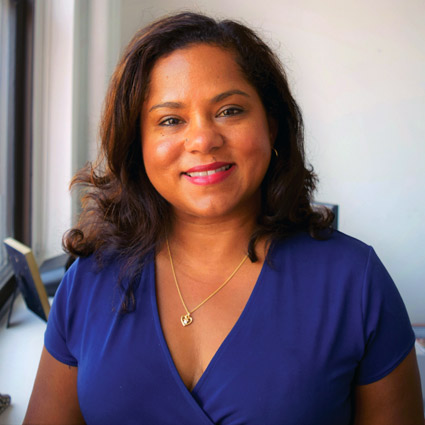
By Debbie Gardner
debbieg@thereminder.com
As President and CEO of Mass Mentoring Partnership, it’s Lily Mendez’s job to oversee the non-profit’s mission: ensuring that all young people have access to empowering youth-adult relationships that are both diverse and reflective of the communities in which these programs operate across Massachusetts. A veteran of
non-profit service, Mendez brings more than
20 years experience to her position, including roles as chief operating officer for the American Red Cross Massachusetts, executive director
of Alumni Relations for UMass Lowell and program director for Access Strategies Fund, which distributes grants to nonprofits working in underserved Massachusetts communities.
Prime reached out to Mendez for some background on how mentoring works, and info on how interested individuals could get involved. Here’s what she shared:
Q: ”Mentoring” sounds like a broad topic. What exactly is involved in the kinds of youth mentoring Mass Mentoring Partnership helps facilitate?
“Mass Mentoring Partnership believes that youth-adult relationships are a lever for positive youth outcomes. That's why we support a large network of mentoring programs that bring adult volunteer mentors into the lives of young people to enhance their life experiences. We work with various programs throughout the Commonwealth promoting relationships that are enduring, consistent, and supportive.
“Mentors may meet young people in schools or within site based programs or they may be community based mentors that meet their mentees and plan their activities together.
Mentoring is an ideal way to expand a young person’s personal social network, something we all need to succeed and thrive. Some of our programs pair adults and youth with specific goals like focusing on school work, reading together, preparing for college or careers, while others focus on developing positive life skills and expanding life experiences and having fun. Some programs create one to one matches and others follow a group mentoring model. Research shows that all young people need at least three adults in their life who can offer support, provide care, expand possibilities, challenge growth and given them space to use their voice.
“You can make a real difference in the life of a young person. Research has shown that:
Q: What types of individuals make good mentors? Is there an age limit?
“The most important criteria for mentorship is commitment to the program. Each mentoring program will have a set of specific requirements for their particular program in terms of how long they are asking a mentor to commit to the match and how often they are asking the mentor to meet with their mentee. In general, mentoring programs are looking for adults who are willing to connect to young people and honor and respect their strengths and abilities. All this takes is someone who is ready to actively listen and be able to take on many perspectives. A mentor needs to be consistent, flexible with their young person and sensitive to the fact that a relationship takes time to cultivate. Mentors should to be ready to wear the many hats: that of a role model, a cheerleader, an advocate and a friend. We also often hear from mentors how much they benefit from their mentor relationships! Mentors tend to learn, grow, expand how they think and have fun with their mentees.”
Q: How can interested individuals find out more about getting involved in a nearby mentoring project?
“There are many types of mentoring programs across the state looking for volunteers mentors and many ways to get involved. You can learn more about programs at: https://connect.mentoring.org/ or read more about mentoring opportunities on our website at massmentors.org/find-program.”